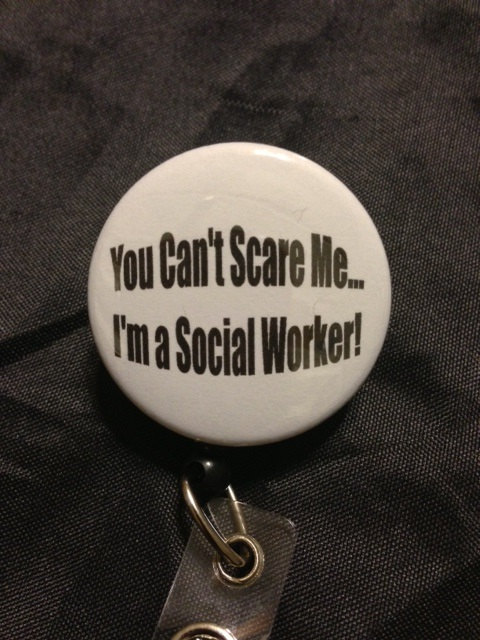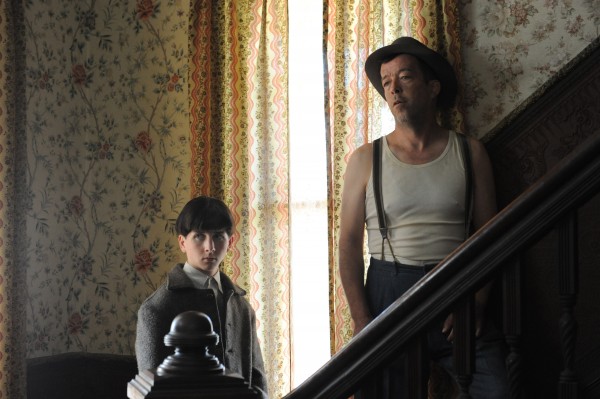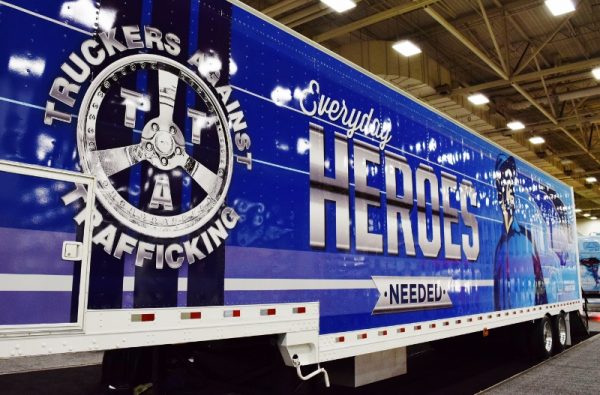Sex Worker/Social Worker: An Ethics Roundtable

Monica Jones was both a student in and a target of the Arizona State School of Social Work when she was arrested in a sweep that was part of Project ROSE, the prostitution diversion program that’s a partnership between the school and the Phoenix PD. We asked sex workers who, like Monica, are students in or graduates of social work programs, to talk with moderator Tara Burns about the ethical and professional intersections of sex work and social work. The participants are:
Serpent: I’m a longtime sex worker, an active board member of SWOP-Chicago and one of the people behind AIT Research, a research project on trafficking in the sex trade. I’m also currently enrolled in a MSW program in Chicago. Find my websites at sexpros.net, redlightdistrictchicago.com, and AdultIndustryTruth.com, and my tweets at @redlightchicago and @AITResearch.
Katie: I have been a dancer for about 18 months, and I recently entered and withdrew from a Masters of Counseling in Marriage, Couples, & Family Therapy program. I currently work full time as a domestic violence advocate and work with our local sex worker outreach coalition. I write at sexualityreclaimed.com.
Cyan: I danced and also did the more private variety of sex work from age 21 to age 27 in Los Angeles and in Vegas. Now I am in my second year of a Masters in Clinical Counseling program. I’m currently too busy with school, work, and single parenting to write in it very much lately, but I have a blog called snapshots of a spiral path.
Annie: I have been involved off and on in sex work for about the last seven years, mostly escorting, some massage. I’m currently in a Social Work Ph.D program, and finished my MSW in 2010. I also work as the program coordinator for an LGBTQ IPV program. Before starting my Ph.D program, I coordinated a harm reduction program for folks working on the street. Right now, I’m doing a lot of education with a colleague, to various organizations and university programs, on students working in the sex industry. Annie is one of my working names.
Tara: I’ve done all kinds of sex work off and on for well over a decade, and I recently had a brush with an MSW program. I blog at ecowhore.com.
What is/was your experience with a social work/counseling program? Did they know you were a sex worker?


 I
I